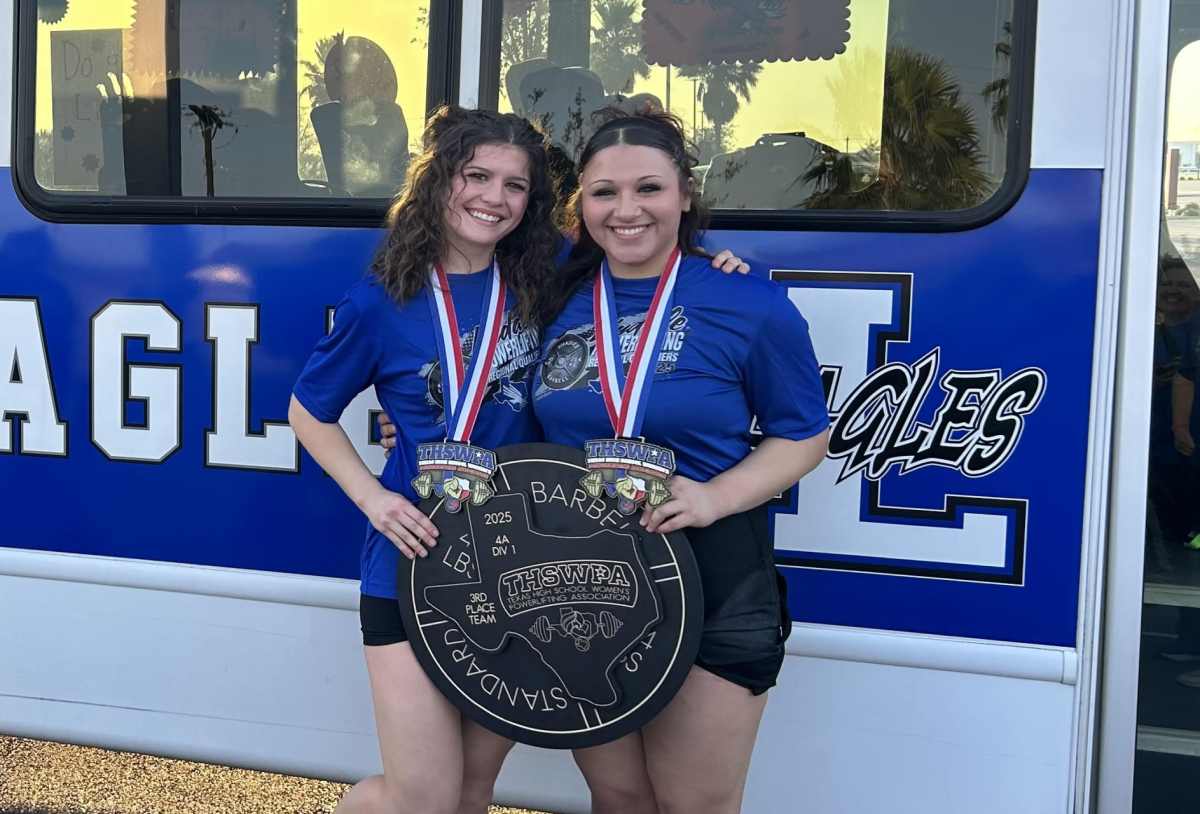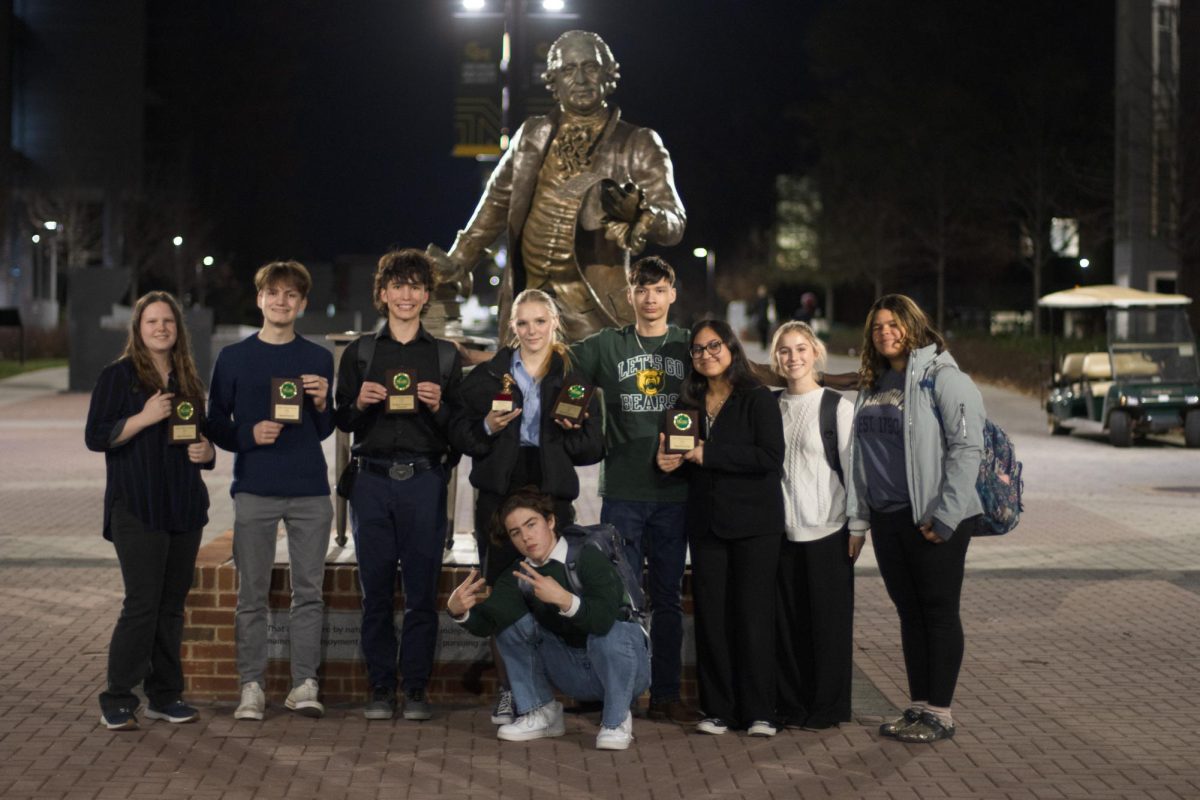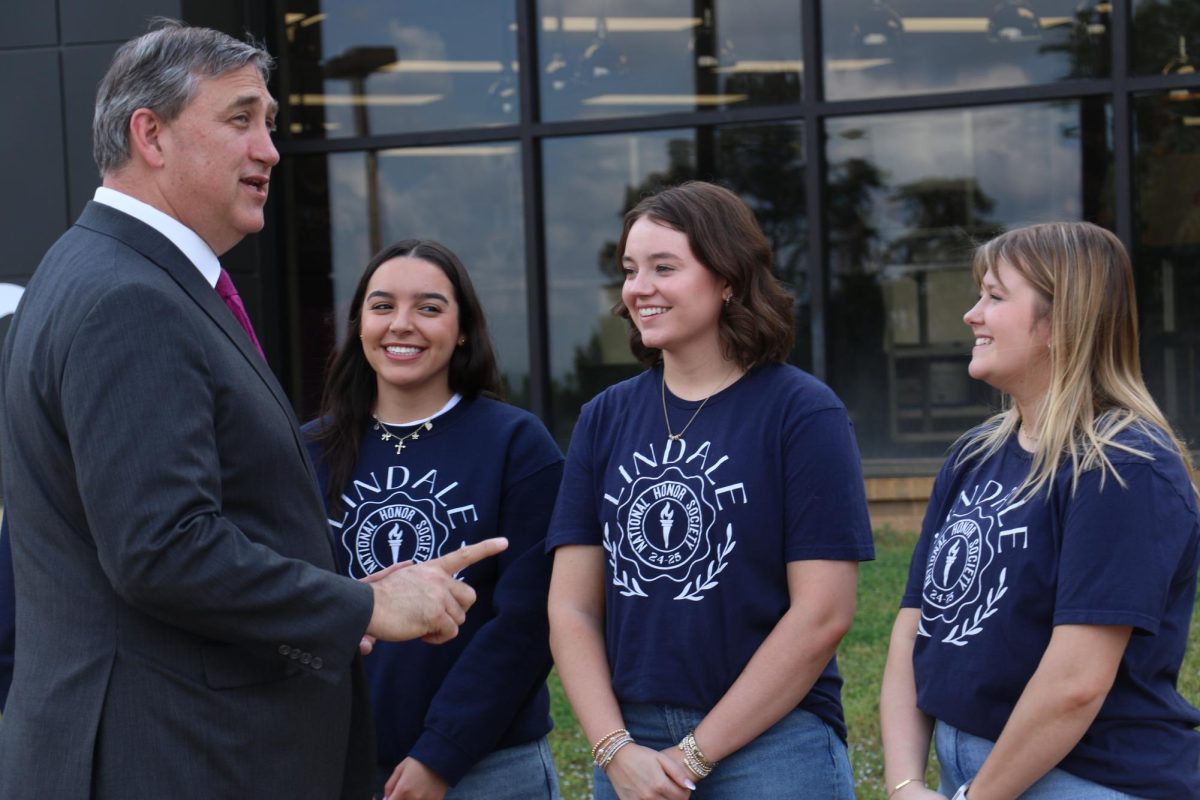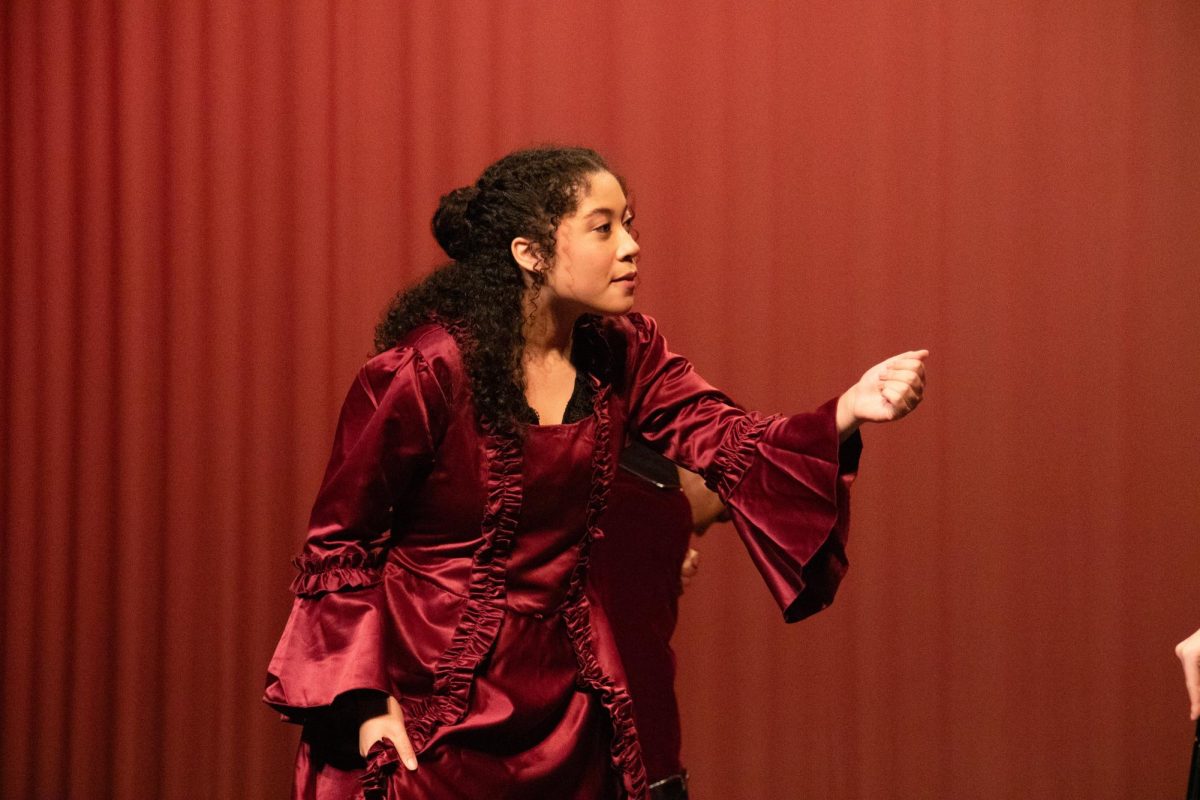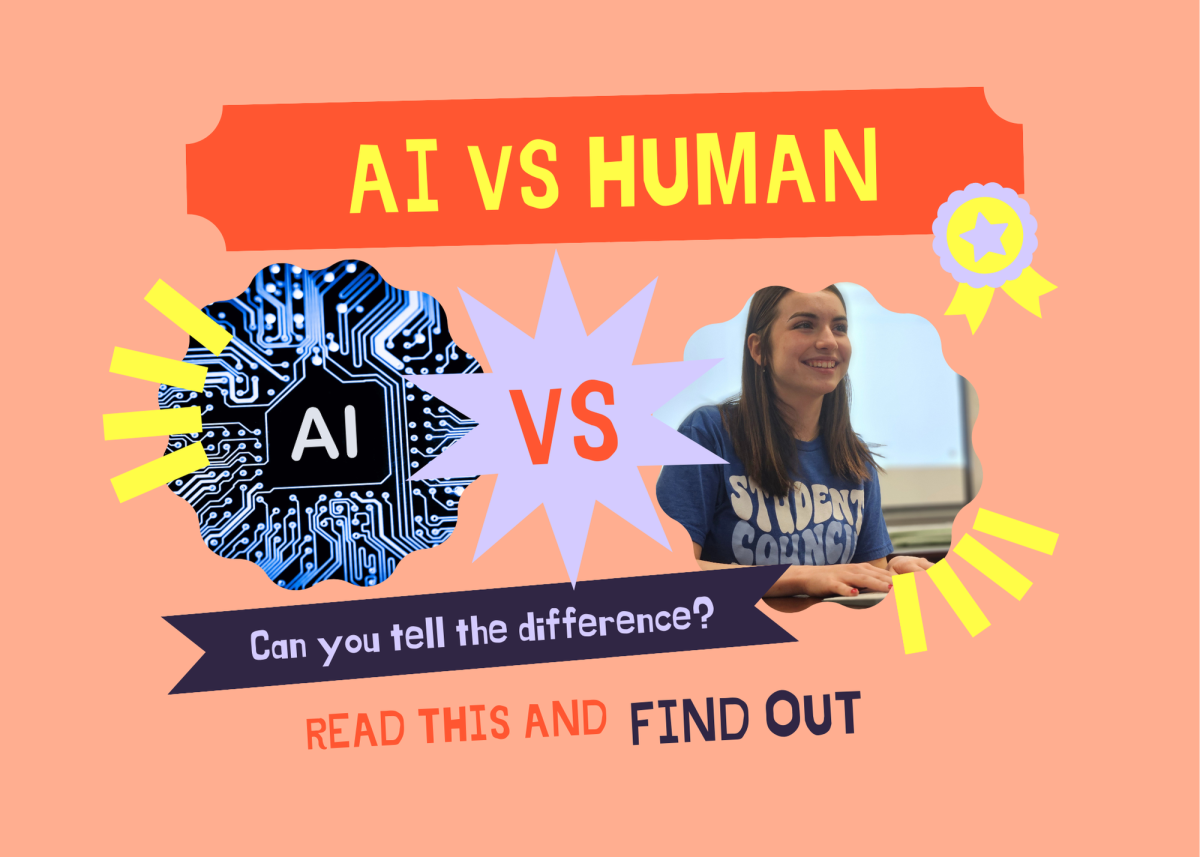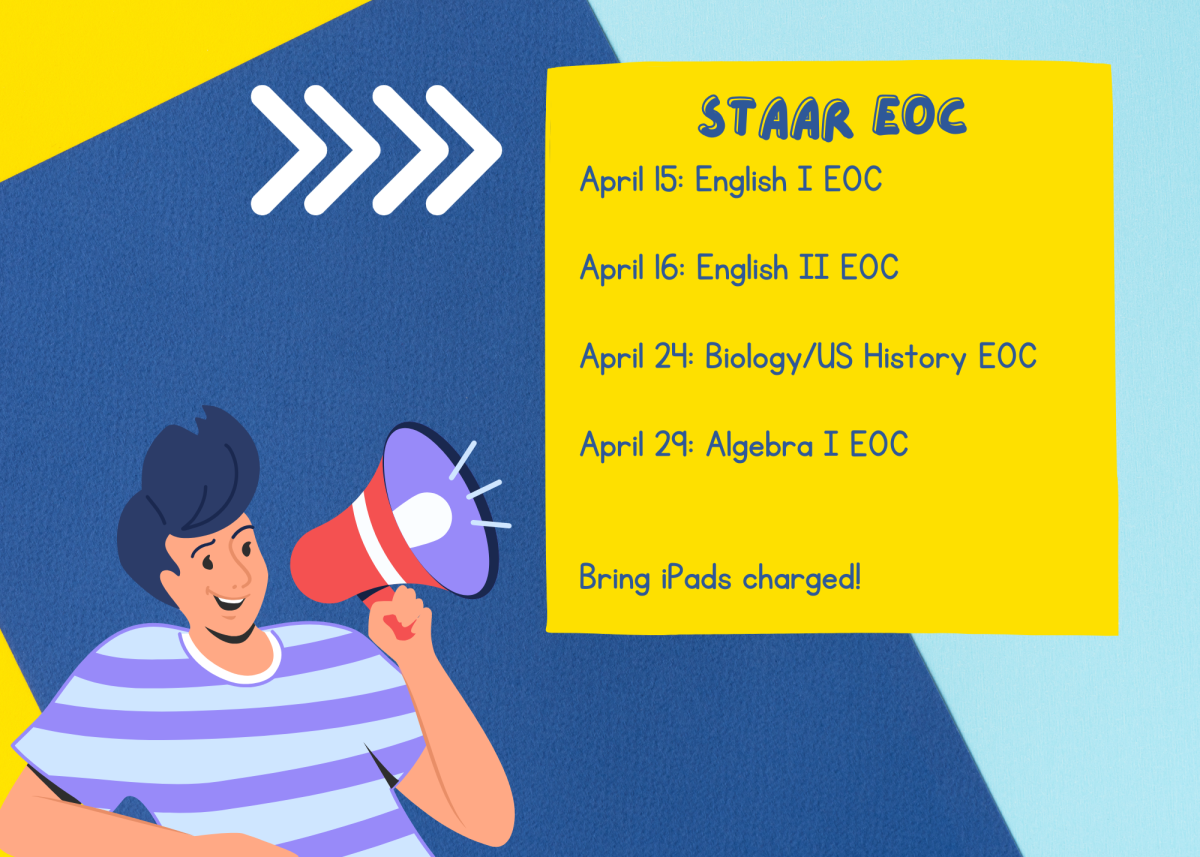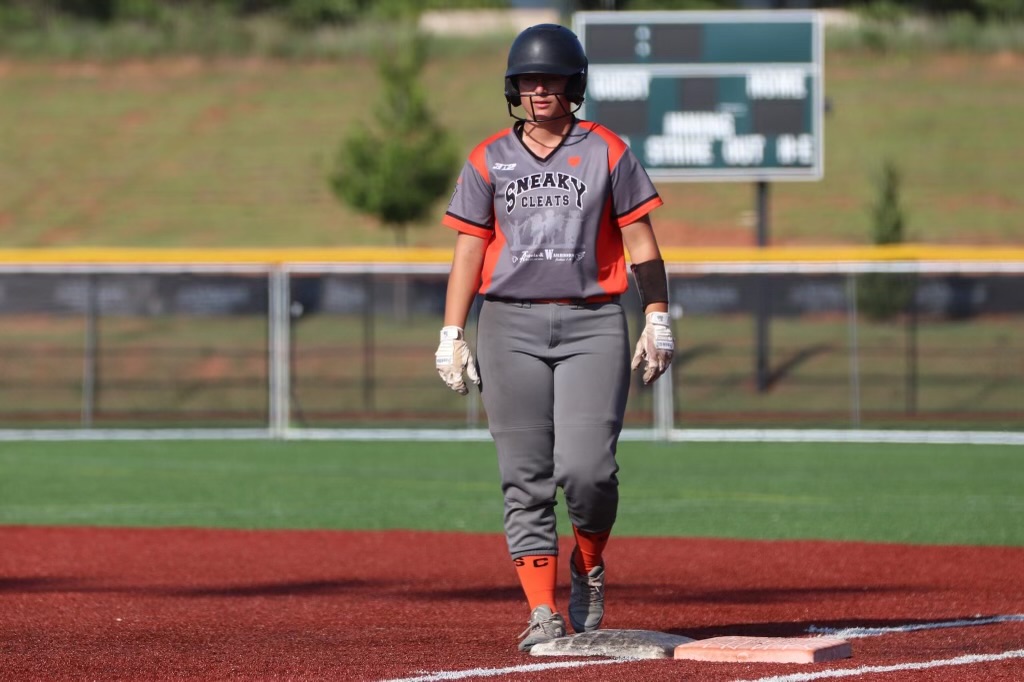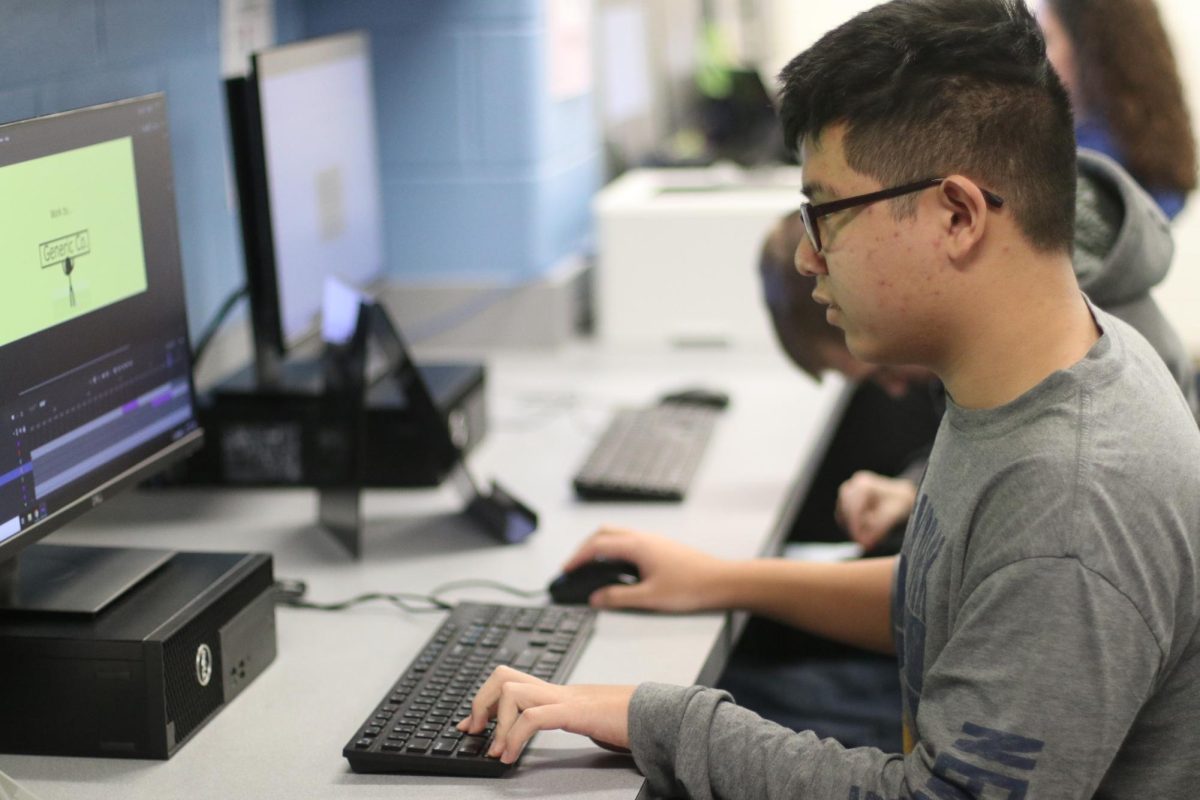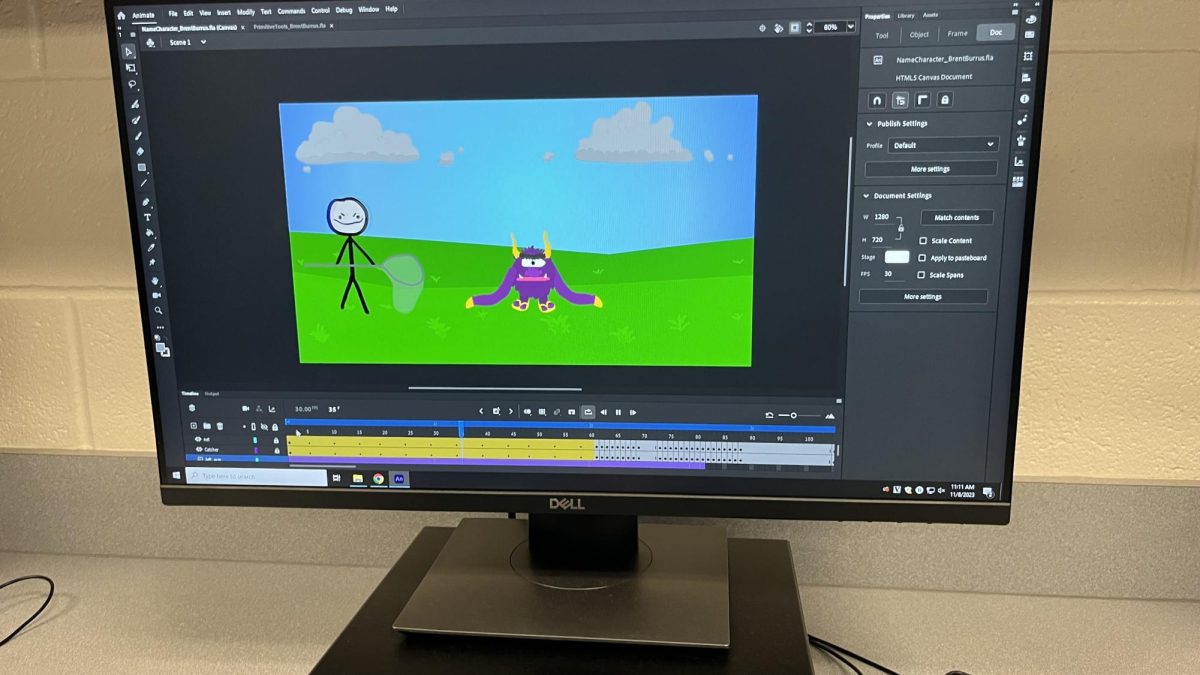The student’s face lights up at the sight of the thing that he has been waiting for all day. A smile creeps across his face as the technology comes to life. He is excited to get to share how he is feeling. This is what Milo the robot brings to students with special needs.
Milo is a device that helps students with autism express their emotions. Autism or autism spectrum disorder (ASD) is a development disorder that impairs people with this disability to communicate and interact.
“The students really enjoy [Milo],” lead speech and language pathologist June Wright said. “[The students] cannot wait to interact with him, and it seems like Milo is doing a good job at helping the students communicate.”
Milo the robot is designed to be an approachable way for people with ASD to learn better social skills. He can walk, talk and make human facial expressions in order to him feel more life like. Milo delivers lessons that are intended for students with ASD to find it interesting and friendly.
“Many of the students love Milo,” speech and language pathologist Alicia Winkler said. “One student in particular, who is nonverbal, was able to show many skills through Milo and the iPad.”
The way Milo works is by giving lessons verbally. The student watches a short video on an iPad, and the student will decipher whether the emotion Milo is displaying is incorrect or correct. The speech pathologist will hold another iPad to check the students answers and progress.
“When [the speech and language pathologists] are doing speech therapy or social skills training, [they] are usually pretty expressive and hard for students to understand,” Wright said. “With the robot, he is pretty stable. Adults and children can pick up the targeted emotion better. [Milo] is a better teacher to people with autism.”
Lindale ISD received the robot after the director of special programs Christy Clouse entered the school into a contest at a brain convention in Dallas. The school district now has a second Milo robot that was bought with a grant.
“Our hope is that [the students] progress faster with better technology,” Wright said. “This [technology] will help with school and being part of more activities with peers. As we increasingly use iPads and computers, I think this will help with our goals.”







